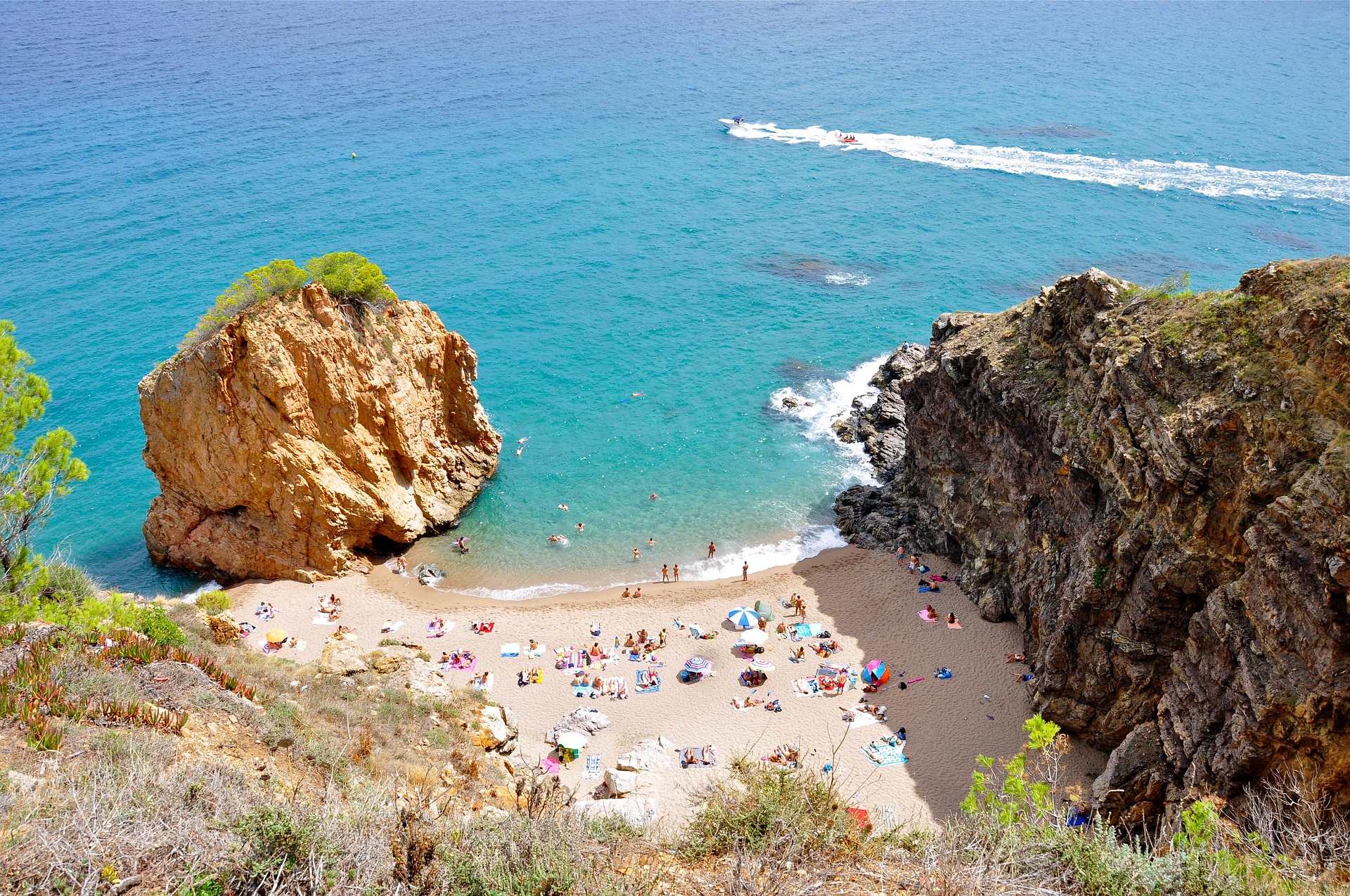For a personal impression of life in Spain and Covid, InSpain.news asks Dr Jan Otto Landman to share his views with us. He lives and works in Spain (Costa del Sol), arriving more than 20 years ago. His medical practice is in Torremolinos.
(How) Are we going on vacation to Spain this summer?
In southern Spain it’s been grey weather for a week, not cold but also not spring-like as it was a few weeks ago. There is still a curfew and despite decreasing contamination rates, it does not look as if it will be lifted any time soon. There is little discussion about the curfew in Spain. What perhaps helps is that the shops and, to a limited extent, the bars and restaurants have remained open all this time.
The terraces are quite full in the afternoon. A large part of the alcohol consumption normally consumed in the evening, people now seem to ingest earlier in the day. The terraces on the coast are noticeably quieter due to the absence of tourists, and this is also the case at our practice. But not only is the waiting room very empty due to the corona crisis, so are the ski slopes in Andalucía. So a long weekend of skiing from tomorrow, should be allowed, after last year’s failed winter sports season, due to COVID.
Commitment to a tourist summer season
Spain is committed to receiving as many tourists as possible this summer, as tourism accounts for almost 15% of GDP. That is why there are already far-reaching plans for restrictive measures around the Semana Santa (Easter week). Although it is an important celebration for Spaniards, it is feared that too exuberant celebration will lead to an increase in infections. This in turn could endanger the summer season.
Although there are objections, the EU has a vaccination passport high on the agenda. The current aim is to achieve this before the summer. Spain is already in talks with the UK to reach a bilateral agreement that will admit vaccinees. A testing policy may be put in place for non-vaccinated people.
In Spain, more than 1.3 million people received both vaccine jabs. This figure includes almost all doctors, nurses and over 85% of residents of nursing homes (residencias). As of this week it is the turn of teachers and police officers. Israel and the United Kingdom are most energetic in implementing their vaccination programme. EU figures lag far behind. But only one can be the best and that is currently Gibraltrar with the highest vaccination coverage in the world.
Contamination figures dropping
The contamination figures show a strong downward trend in most countries. The number of new infections per 100,000 inhabitants over the last 14 days for some European countries are: Sweden 504, France 440, the Netherlands 361, Belgium 290, Germany 132, and Spain… 72!
It is always tempting to compare measures and contamination figures between countries and thus draw conclusions about the effect of measures. It is not that simple. The differences between countries (culture, population behaviour and densities, and the degree of international exchange) are often too great for that. Climate also seems to play an important role.
Dutch research recently showed that COVID is just as seasonally sensitive as the flu virus. As soon as the temperatures rise, the number of infections decreases. A possible explanation for this is that in the spring there is a lot of pollen in the air that activates our immune system, so the viruses have less chance. In Spain, we had regular code red a few weeks ago, for pollen… Last year we saw a sharp decrease in the number of infections in all European countries by the summer. After the summer, a second wave developed, probably caused by both the relaxation in the corona policy and the drop in temperature.
A normal summer?
It is not yet being shouted from the rooftops, but Spain is preparing for a summer season that is as normal as possible. A scenario for this summer could be that rising temperatures in the spring and the rapidly increasing vaccination rate of the European population will cause the number of infections to drop to an all-time low in early July.
The question then might be whether a vaccination passport is still relevant. It may well be that by then, a simple quick test before departure is more than enough. There will therefore be less fear of a new wave in the autumn. This is because the number of infections in July will be considerably lower than last year and the vaccination coverage will only continue to increase. All this, of course, on the condition that no new, vaccine-insensitive variant emerges. If that doesn’t happen, things will look particularly good for this summer.
If you ask me, with a bit of luck we can look forward to an almost normal summer on the Spanish costas. Until then, stay healthy!
Jan Otto Landman, MD, PhD


